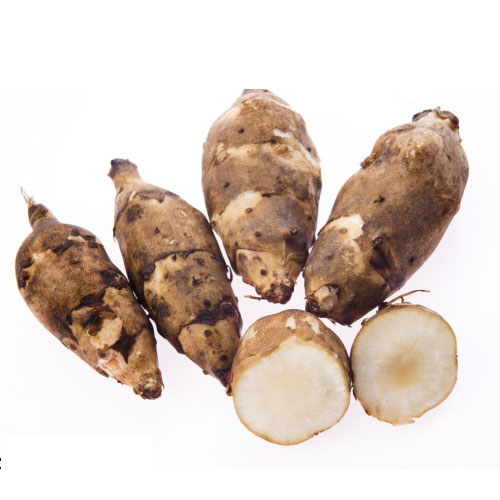Prebiotics are indigestible food ingredients that stimulate the growth and maintenance of the gut. They also feed and support the growth of beneficial bacteria, also known as probiotics, in your large intestine.
Fructooligosaccharides (FOS) are prebiotics compounds that are used to manufacture prebiotic supplements, for example inulin and oligofructose. They include several types of molecules. These prebiotic compounds are about one third as sweet as sugar is but they are calorie free. This makes them useful sweeteners for dairy products, desserts, and breakfast cereals.
Prebiotics can be found in a great variety of foods. Here is a list of five of those foods that can help you get a healthier gut:
- Chicory and Jerusalem Artichoke – These foods are very high in inulin and oligofructose, which makes them used commonly for commercial sources of inulin. The chicory root contains about 15 to 20% of inulin. There is approximately 5 to 10% oligofructose. For prebiotic purposes, the daily consumption is recommended at 4 to 10 grams. Higher doses are recommended to help prevent constipation.
- Asparagus and Leek – These are also a great source for inulin. The high source of inulin is great for producing butyrate. Butyrate is a short chain of fatty acid that probiotic bacteria produces. Butyrate helps prevent inflammation in the intestinal tract.
- Onions – These also contain a very high amount of both inulin and oligofructose. This vegetable provides 6 to 18 grams of the prebiotic compound in a typical serving of onion soup. It has been shown that consuming onion prebiotics improves intestinal health.
- Bananas and Sorghum – There is a prebiotic referred to as a resistant starch, which you can get from raw green bananas. Resistant starch lets the probiotic bacteria survive the acidic environment in your stomach. If they can survive through the acidity in your stomach, they can then get to your small and large intestines where they need to be.
Sorghum flour is an alternative for people who cannot digest gluten. This flour is also a very resistant starch. If you want to get the greatest amount of resistant starch, you can cook the sorghum.
Prebiotics are great things to add to your diet and lifestyle. They help to keep your gut healthy and happy. It is suggested that you consume about 135 grams per day of prebiotic fiber. It may seem like a lot, but it is all worth it in the end. Your body will thank you for putting all of the necessary amounts of prebiotics in it. It definitely makes it easier to know that the foods with prebiotics are pretty tasty too!
A top of the line probiotic that will go well with your prebiotics is Wise XS Probiotic. It is high strength, multi strain, shelf stable and delayed release capsules.
Written by Dr Sandra Miranda, ND

